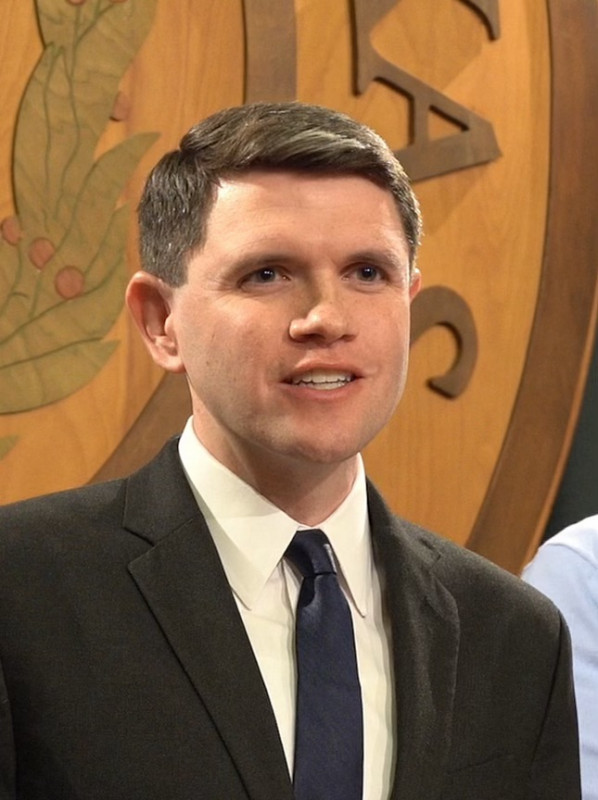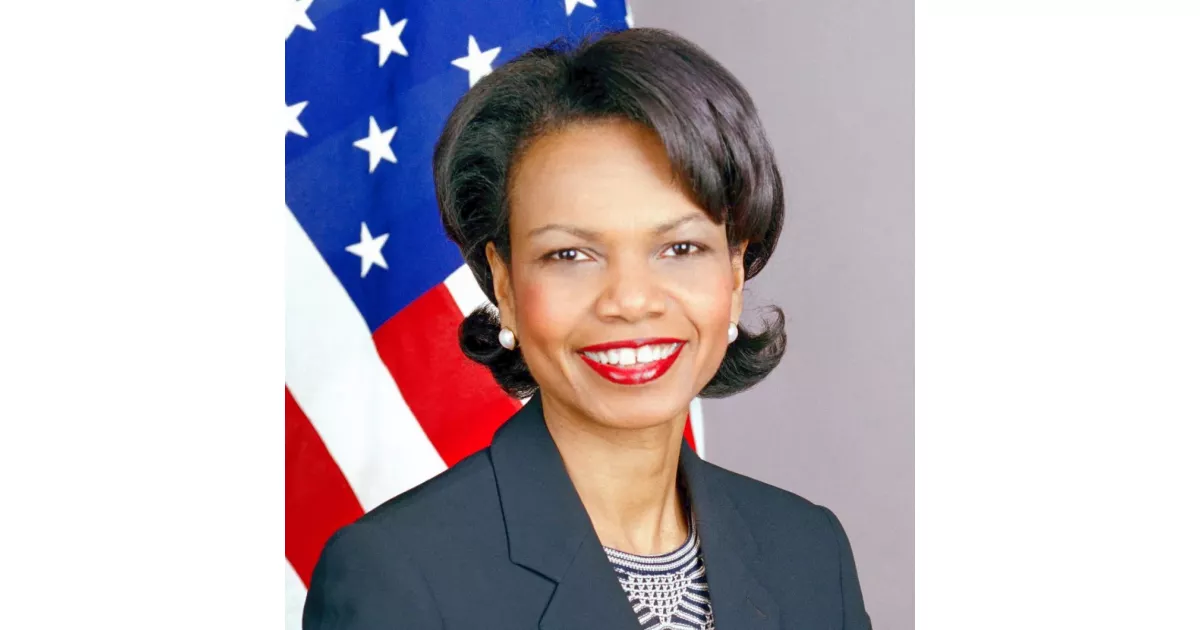Life is full of challenges, and Condoleezza Rice faced many. Discover key struggles and how they were overcome.
Condoleezza Rice is a prominent American diplomat and political scientist, currently serving as the director of Stanford University's Hoover Institution. A Republican, she held significant roles in the George W. Bush administration, including as the 66th United States Secretary of State (2005-2009) and the 19th U.S. National Security Advisor (2001-2005). Rice made history as the first female African-American Secretary of State and the first woman to be National Security Advisor. Before Barack Obama's presidency, she and Colin Powell were the highest-ranking African Americans in the executive branch. Upon becoming Secretary of State, she was the highest-ranking woman in U.S. presidential line of succession at the time.
1952: Jim Crow Alabama
In 1952, Condoleezza Rice's father was unable to register to vote as a Democrat in Jim Crow Alabama.
September 15, 1963: Sixteenth Street Baptist Church Bombing
On September 15, 1963, Condoleezza Rice's schoolmate Denise McNair, aged 11, was murdered in the bombing of the primarily black Sixteenth Street Baptist Church by white supremacists.
1963: Remembers Bombing of 16th Street Baptist Church
In 1963, Condoleezza Rice recalls the bombing of the Sixteenth Street Baptist Church in Birmingham, where she heard and felt the explosion a few blocks away at her father's church, resulting in the death of her friend Denise McNair and three other young girls.
July 10, 2001: Met with CIA director George Tenet about potential al Qaeda attack
On July 10, 2001, Condoleezza Rice held an "emergency meeting" at the White House with CIA director George Tenet to discuss the potential threat of an impending al Qaeda attack; she then requested Tenet to present the matter to Secretary Donald Rumsfeld and Attorney General John Ashcroft.
August 6, 2001: Characterized President's Daily Brief as historical information
On August 6, 2001, Condoleezza Rice characterized the President's Daily Brief, "Bin Ladin Determined To Strike in US", as historical information, stating it was based on old reporting.
September 11, 2001: Scheduled to outline new national security policy
On September 11, 2001, Condoleezza Rice was scheduled to outline a new national security policy emphasizing missile defense and downplaying stateless terrorism.
2001: Root of September 11 attacks
As Secretary of State, Rice characterized the September 11 attacks in 2001 as rooted in "oppression and despair" and so, the U.S. must advance democratic reform and support basic rights throughout the greater Middle East.
July 17, 2002: Met with CIA director George Tenet to convey approval of waterboarding
On July 17, 2002, Condoleezza Rice met with CIA director George Tenet to convey the Bush administration's approval of the proposed waterboarding of alleged Al Qaeda leader Abu Zubaydah.
2003: Briefed on waterboarding and other methods
In 2003, Condoleezza Rice, along with Vice President Dick Cheney and Attorney General John Ashcroft, were briefed on the CIA's use of waterboarding and other interrogation methods, and they reaffirmed that the CIA program was lawful and reflected administration policy.
March 2004: Declined to testify before the 9/11 Commission
In March 2004, Condoleezza Rice initially declined to testify before the National Commission on Terrorist Attacks Upon the United States (the 9/11 Commission), citing executive privilege, but later agreed under pressure from President Bush.
May 2004: The Washington Post reported that the council had become virtually nonexistent
By May 2004, The Washington Post reported that the Iraq Stabilization Group, which Condoleezza Rice was named to run, had become virtually nonexistent.
August 2005: Ratings Decrease After Hurricane Katrina
In August 2005, Condoleezza Rice's ratings decreased following Hurricane Katrina.
2006: Asserted she did not recall specific July 2001 meeting
In 2006, when questioned about the July 2001 meeting with George Tenet, Condoleezza Rice asserted she did not recall that specific meeting, stating she had met repeatedly with Tenet that summer about terrorist threats and found it "incomprehensible" that she would ignore terrorist threats before the September 11 attacks.
February 1, 2007: Time Accuses Rice of Squandering Influence
On February 1, 2007, Time magazine accused Condoleezza Rice of squandering her influence, stating that her accomplishments as Secretary of State have been modest and that U.S. prestige has declined.
April 2009: Stated she did not authorize the CIA to use torture
In April 2009, Condoleezza Rice stated that she did not authorize the CIA to use torture, but rather conveyed the administration's policy authorization subject to Justice Department clearance, under the understanding that it did not violate obligations under the Convention Against Torture.
2015: Human Rights Watch called for the investigation of Rice
In 2015, Human Rights Watch called for the investigation of Condoleezza Rice for conspiracy to torture and other crimes, citing her role in authorizing the use of "enhanced interrogation techniques".
Mentioned in this timeline

Donald John Trump is an American politician media personality and...
Ukraine is a large country in Eastern Europe second in...

John F Kennedy JFK was the th U S President...

Barack Obama the th U S President - was the...

George W Bush the rd U S President - is...

Hillary Diane Rodham Clinton is an American politician lawyer and...
Trending

2 months ago Texas Senate Candidate Talarico Faces Social Media Scrutiny: Following Porn Actors Sparks Controversy
The Harlem Globetrotters are an American exhibition basketball team renowned for their unique blend of athleticism comedy and theatrical entertainment...
1 month ago Pakistan to bowl first after winning toss against Sri Lanka T20 Tri-Series
1 month ago GameStop's Valuation, Investor Sentiment, Burry's Email, and Strategic Shifts Analyzed.
1 month ago Bangladesh Levels T20 Series Against Ireland; Shamim Returns Amidst Selector Disputes.

2 months ago Kehlani, Kali Uchis, and EJAE to be Honored at 2025 ASCAP Event
Popular

Stranger Things created by the Duffer Brothers is a popular...

XXXTentacion born Jahseh Dwayne Ricardo Onfroy was a controversial yet...

Kelsey Grammer is an accomplished American actor producer and singer...

Candace Owens is an American conservative political commentator and author...

Bernie Sanders is a prominent American politician currently serving as...

Melania Trump a Slovenian-American former model has served as First...
